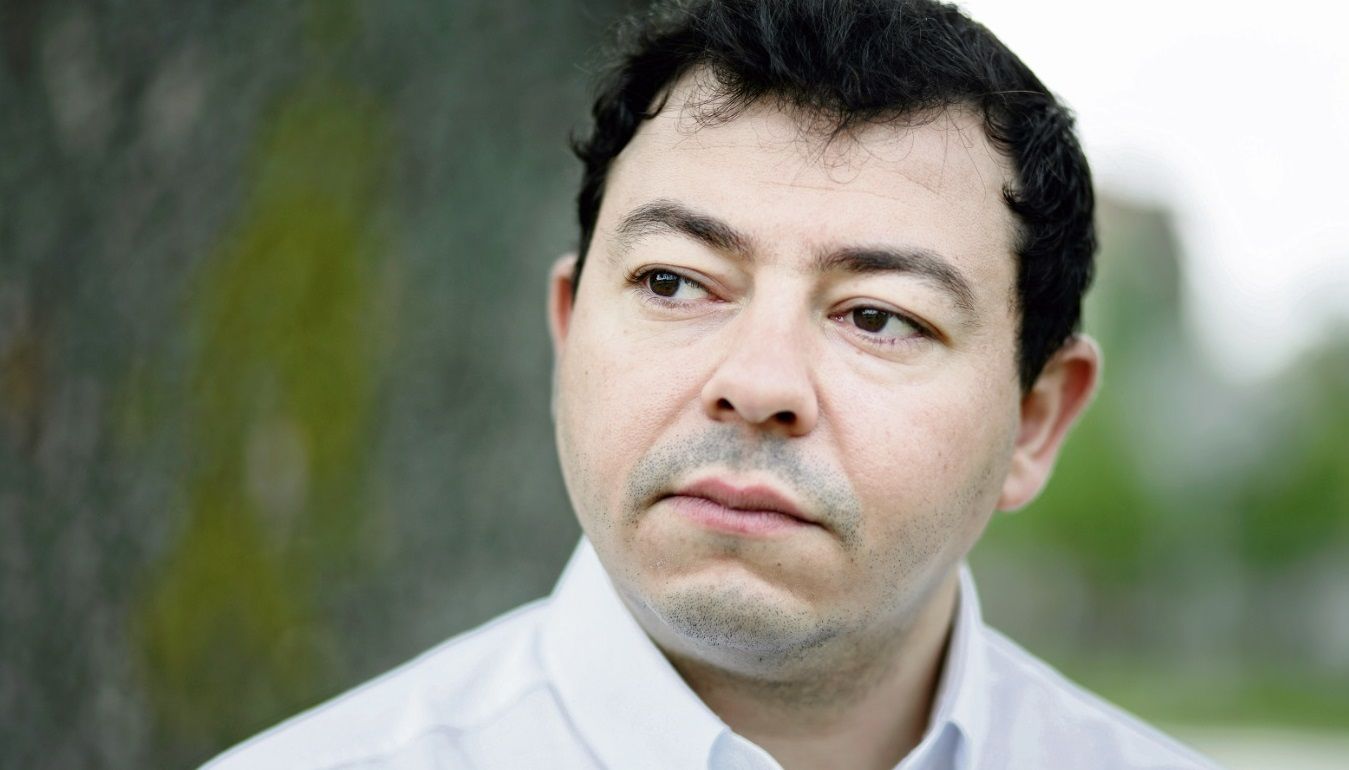It’s not often you can say this, but Muslim and Jewish groups across the world are currently united in protest against a Danish ritual slaughter ban that requires animals to be stunned before they are slaughtered.
Although the slaughter law, which was introduced on February 17, ended a practice that hadn’t been used for ten years, Arabic media last week warned of a Middle Eastern boycott of Danish products similar to the one in 2006 that followed the Mohammed Cartoon Crisis.
Second crisis unlikely
However, debater and political activist Ahmed Akkari doesn’t think that the slaughter controversy will escalate to that level again.
“No, it won’t. I believe it can be solved in a diplomatic way,” he said.
Akkari was among the group of imams who travelled through the Middle East to draw attention to Jyllands-Posten newspaper’s printing of the Mohammed cartoons in September 2005. Without their input, there would have been no crisis, which included violence, fierce protests and eventually boycotts of Danish goods.
Since he went public last year to express his regret at his involvement in the Cartoon Crisis, he has been an active advocate of democracy and freedom of speech.
Echoes of the crisis
“Boycott threats are clear reverberations of the Mohammed Cartoon Crisis when that kind of pressure worked,” he said. “Religious authorities want Europe to constantly keep them in mind and remember that they will get angry if their religious laws aren’t taken into consideration.”
Major international newspapers like the Independent and the Guardian in the UK and the Huffington Post in the US quoted Danish agriculture minister Dan Jørgensen as saying that “animal rights come before religion” – words he never actually said.
Truth irrelevant
But none of that matters to the religious authorities in the Middle East who know they can use the controversy to spread their own rules on how to slaughter animals.
“Their religious laws come before animal rights and this is a chance for them to impose their own orthodox rules that don’t allow stunning animals,” Akkari said.
Few have mentioned that Denmark still imports traditional halal and kosher meat and that the Islamic Cultural Centre in Copenhagen issued a certificate several years ago ruling that animals stunned before slaughter were considered halal in Denmark. In fact, most Danish poultry is approved halal to accommodate Middle Eastern and South East Asian markets.
The xenophobic card
When the articles deliberately leave out these details, it may be because it fits in with Denmark’s xenophobic reputation.
“There’s definitely more focus on Denmark since the Cartoon Crisis. Unfortunately, that is something I know for sure,” Akkari said.
“But Islamic authorities in the Middle East are also working closely with Islamic organisations in Denmark and I suspect that they report the slightest things that may give Denmark a bad reputation. That is my own theory so I won’t point fingers, but there’s definitely been more contact between the groups after the Cartoon Crisis.”
Domestic protests welcome
While he encourages Danish Muslims to respond if they feel offended by the ban, Akkari said that it isn’t something religious legislators outside of Denmark should dictate.
“Denmark must stand its ground and not listen to the threats,” Akkari said.
“Remember that in Islamic culture it pays to keep your head down. It’s concerning if Danish legislators give in and take religious laws into consideration when they don’t have to. They must politely but firmly decline.
















